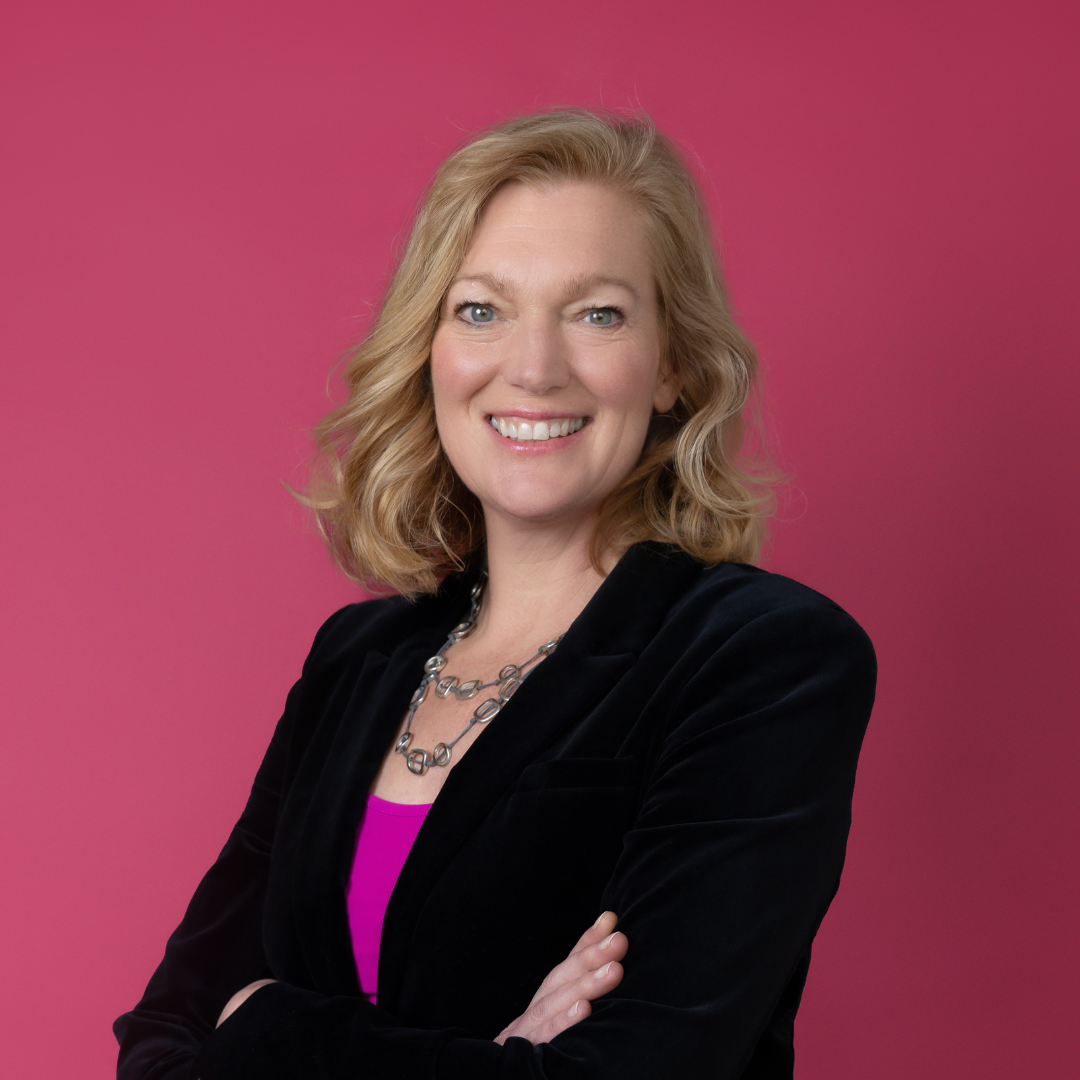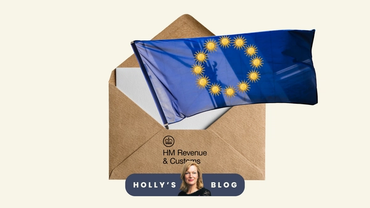Bubble baths and 567 billion reasons for change
By Holly Mackay, Founder & CEO
7 Feb, 2025

Every time you turn on a radio or listen to the news, there’s a familiar story. There’s not enough money. In any pot. We’re collectively skint at a personal, household and national level.
A key part of my work is looking at household wealth and trying to help people save more, and make more with what they have. One thing I spend a lot of time tracking is the Gender Investment Gap. How much more money men collectively have in investments and private pensions than women. Have a guess!
In 2024, in the UK, the gap between genders was roughly the same size as the ENTIRE GDP OF POLAND! Just 6.8 million women invest compared to 9.9 million men, and women’s average balances are a lot lower too, which makes for a gender investment gap of a cool £567 billion.
There are multiple complicated factors as to why, but one of them is fixable (or at least ‘addressable’), without huge policy changes or expensive commitments from the Treasury. A key barrier is confidence. Perceptions. And when it comes to investing, women have a lack of role models, few or no girlfriends who will give tips en route to the pub or at the school gates, and a general perception that it’s still a big boys’ pinstripe-suit club to which they're not invited to join.
OK… but, so what?
Women are the main drivers behind Junior ISAs and over 60% of these are in cash. (This is almost always bad!) Even young women are more likely to pick lower risk options for their pensions, almost certainly condemning them to lower balances at retirement. And no, it’s not getting better. Just 9% of 18-24 year old women invest compared to 22% of guys. The gap is most stark in Scotland and Wales where men under 44 are just under three times more likely to invest than women.
If we don’t invest our long-term savings, we will be poorer. Full stop. We’re so uncertain and frightened of risk, that the real risk is we sit in cash for decades, making no-one richer apart from the banks.
If we can reduce this gap, improve confidence and understanding and encourage more women to open up Stocks & Shares Junior ISAs; persuade women in their 20s, 30s and 40s to put their pensions in (stupidly-named) ‘aggressive’ options not ‘cautious’ ones; support them to start a Stocks and Shares ISA with £50 and just get going – this is one way we can boost the long-term financial resilience of more people, without needing to dip into the country’s reserves when they reach retirement age and realise there is stuff-all in the pot.
What do films and TV show us?
I’m working on a campaign with eToro (social trading and investment platform) underpinned by our data and also research they have worked on with Dr Ylva Baeckstrom, Senior Lecturer in Finance at King’s Business School in London. The research looks at the culture, language and portrayal of women and men in 12 films and 4 television series that depict finance and investing, using both manual visual analysis and computational text analysis powered by AI.
I met Ylva over a coffee two weeks ago. Smart, Swedish, feisty, funny and a former derivatives trader in the City, in her ‘spare time’ she completed an MsC in psychotherapy, slipped in a cheeky PhD as you do, and is now a lecturer. (I always get a bit nervous when I chat to people with degrees in psychotherapy. I try so hard to look and sound "normal", that I’m sure my face contorts into a most bizarre expression!)
What were the findings?
Unsurprisingly, 71% of the male finance leads had C-suite positions (almost half were CEOs), but not one of the women was a CEO. Only one-third of women were depicted in business roles. Nearly three quarters of women had other roles such as wives, partners, mistresses and assistants. Or, as in The Wolf of Wall Street, the highest-grossing film in terms of global box office revenue within the sample, these roles include strippers and call girls. And – I found this more shocking - not one of the female financial leads was a mother. You can read the research report here.
It’s not just glossy TV either. Dr Baeckstrom finds that just 18% of expert financial citations about investing in the press are from women.
The effect of this is to preserve the image of finance being the domain of overconfident, powerful and often unpleasant experts. And the highly alpha male characterisation of financial experts continues to alienate many women (and, of course, many men too).
Referring to Margot Robbie in The Big Short, one of my favourite lines in the report was about “normalising the idea of women as experts in the field without having to do so naked in a bubble bath…” Holy Moly. I can’t quite believe we still need to write that in 2024! Should I do my next TV appearance in a bubble bath as a protest?! Talking about the cut in interest rates on the News at Ten with a shower cap and a scowl on???
eToro’s ‘Loud Investing’ campaign is all about normalising investing. Removing the alpha. If we can re-brand investing as something which isn’t about bowler hats, arrogance and Old Etonians, talk about it, remove the bubble baths and the sexywigglenonsense, improve confidence, explain risk better and get more people across the country investing, we will create a wealthier, more independent society.
So here’s my part to play. If you have been thinking about getting started, but don’t think you're rich enough/smart enough/bowler-hatted enough, next week we publish all our Best Buy 2025 Awards. Including our top picks for beginners. We’ll reveal these next Friday and show you which of these will let you start with as little as £50. And ask you to share with someone you know who doesn’t invest. Because the first step is generally the hardest.
Have a great weekend everyone. I’m finally going to finish watching The Traitors with my daughter - three episodes left. No spoilers please!!! And on that, I wonder if Claudia has an ISA???...
Holly

Want to get Holly's weekly blog straight to your inbox?
Already have an account? Login
Post a comment:
This is an open discussion and does not represent the views of Boring Money. We want our communities to be welcoming and helpful. Spam, personal attacks and offensive language will not be tolerated. Posts may be deleted and repeat offenders blocked at our discretion.







Love this article. I have found learning about investing so difficult but because the language is so and macho (for example, aggressive funds) as noted above! I was turned off putting my pension investments into high performing funds at the age of 26 when the pension manager asked me what my attitude to risk was. Of course, I thought he meant the same kind of risk as running in front of a truck on the motorway and so I said that I don’t like the idea of risk. Now, 30 years later I have figured out that risk means volatility. It could’ve been explained so much better to me at the time and I would be considerably wealthier right now if it had been. I’ve only recently found this website, recommended to me by a woman financial educator and I’m finding it very helpful to have the female point of view. Thank you!
Rita
20 February 2025